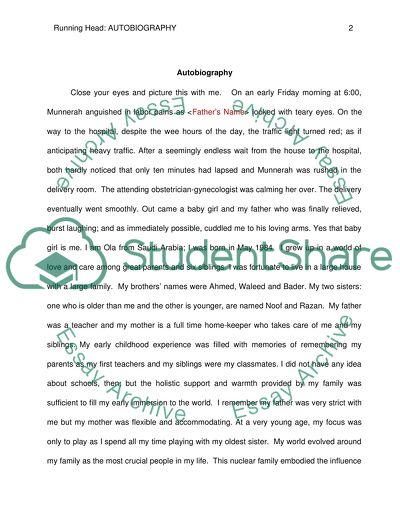Cite this document
(“Autobiography Essay Example | Topics and Well Written Essays - 2500 words”, n.d.)
Retrieved from https://studentshare.org/education/1400011-autobiography
Retrieved from https://studentshare.org/education/1400011-autobiography
(Autobiography Essay Example | Topics and Well Written Essays - 2500 Words)
https://studentshare.org/education/1400011-autobiography.
https://studentshare.org/education/1400011-autobiography.
“Autobiography Essay Example | Topics and Well Written Essays - 2500 Words”, n.d. https://studentshare.org/education/1400011-autobiography.


